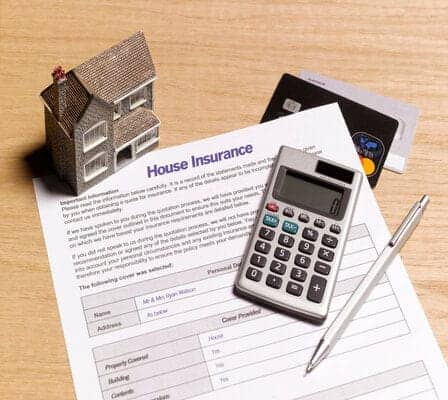

Property damage would pay for both the window and the art piece, up to policy limits. For example, your child throws a baseball through the neighbor’s window, and it damages an expensive piece of art.

This liability type will cover the cost of damage you do to someone else’s property. Necessary medical and surgical expenses.Guest medical typically covers (up to your limit): Your personal liability covers when there are claims of negligence that caused the injury or a lawsuit filed due to the incident. Medical payments to others help pay for reasonable and necessary medical expenses of non-residents who are accidentally injured on or around your property. An example would be someone falling down the stairs in your home or slipping on an icy sidewalk.īodily injury liability works in conjunction with the medical payments (sometimes called guest medical) portion of your homeowners policy. This type of liability coverage takes care of your legal responsibility when someone is injured in or around your home. Personal liability coverage comes in a couple of different types: Bodily injury Its main purpose is to protect your assets in the event of an unexpected event for which you are considered liable. The personal liability portion of your policy will also cover the cost of defending a lawsuit if you are sued as well as any resulting judgments coming out of the lawsuit, up to your policy limits. Liability will cover the cost of damages that you or other people covered by your insurance policy are responsible for causing to others, including bodily injury or property damage. Personal liability coverage is a component of homeowners (all types) or renters insurance policy, also just called liability coverage. The money will typically go into an escrow account before it's distributed to the insurance company.Here is everything you need to know about personal liability insurance. Mortgage lenders pay the premiums for you and incorporate the cost into your mortgage payments. If you have a mortgage, you will generally pay homeowners insurance as part of your monthly mortgage payments. How will you pay for homeowners insurance vs. The lender takes on more risk with smaller down payments and with certain types of loans, and mortgage insurance covers the lender if the borrower falls behind on payments. However, mortgage insurance is only typically required with FHA loans and with conventional mortgages where the down payment is less than 20% of the purchase price. If you don't have insurance and can't file a claim to cover a loss, you might not be able to repay your lender. The lender is doing this to protect its financial stake in your property. Take out a mortgage: If you need to finance your new home, then your lender will almost certainly require homeowners insurance.Your home is likely one of your most significant financial assets, and its value and the value of your belongings could be entirely lost in a catastrophic event. It's optional in these scenarios, but we strongly recommend buying a homeowners insurance policy regardless. Own your home outright: If you purchase your home or condo with cash, or if you ultimately pay off your mortgage, you can forgo homeowners insurance and mortgage insurance coverage.


 0 kommentar(er)
0 kommentar(er)
